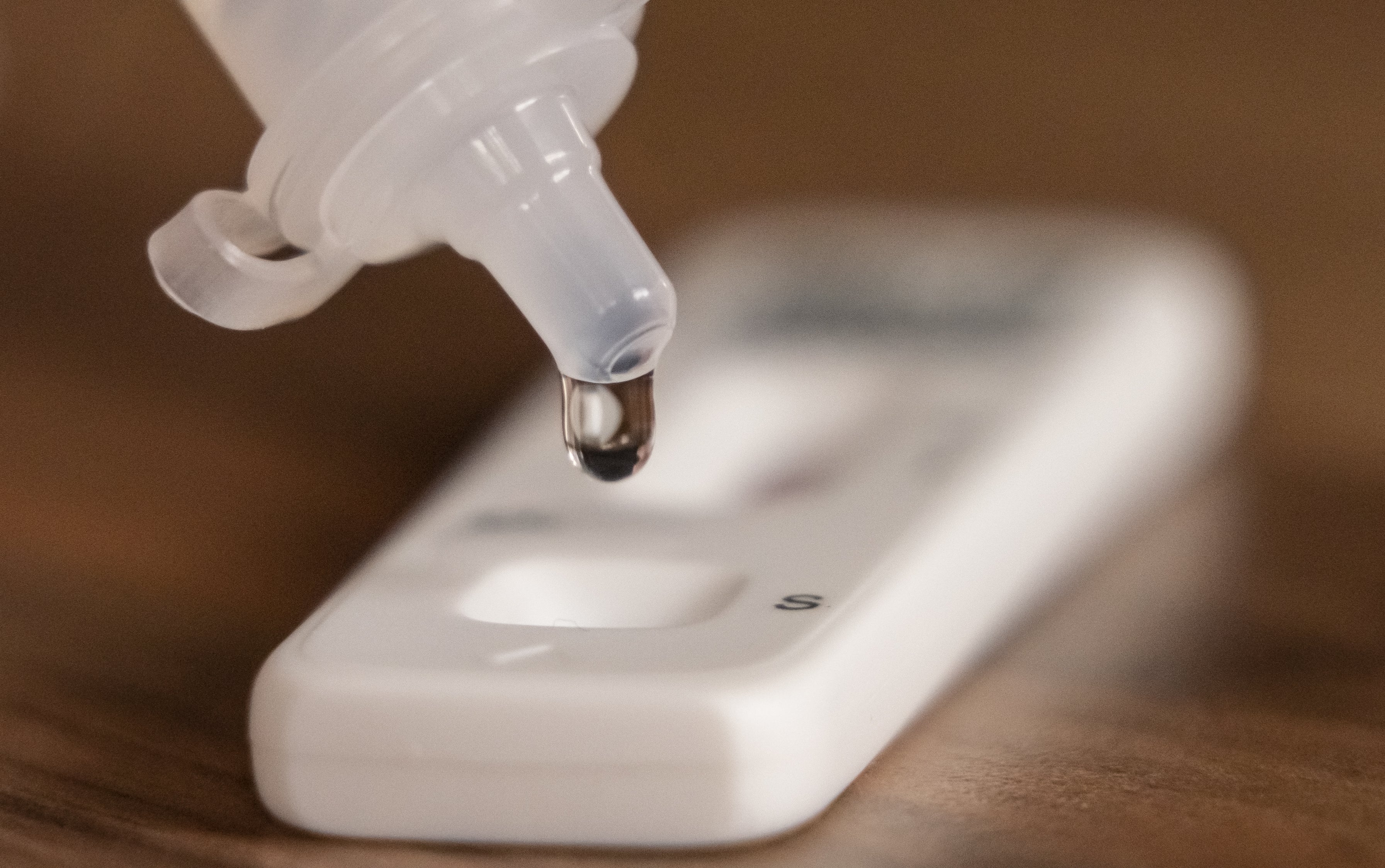Jason Leitch: Latest Omicron strain should cause ‘mild’ concern
The national clinical director was discussing the new strain of the virus with Holyrood’s Covid-19 Recovery committee.

Your support helps us to tell the story
From reproductive rights to climate change to Big Tech, The Independent is on the ground when the story is developing. Whether it's investigating the financials of Elon Musk's pro-Trump PAC or producing our latest documentary, 'The A Word', which shines a light on the American women fighting for reproductive rights, we know how important it is to parse out the facts from the messaging.
At such a critical moment in US history, we need reporters on the ground. Your donation allows us to keep sending journalists to speak to both sides of the story.
The Independent is trusted by Americans across the entire political spectrum. And unlike many other quality news outlets, we choose not to lock Americans out of our reporting and analysis with paywalls. We believe quality journalism should be available to everyone, paid for by those who can afford it.
Your support makes all the difference.The strain of Omicron being monitored by experts should cause “mild” concern, Jason Leitch has said, though so far there is no sign it produces more severe disease.
Scotland’s national clinical director said the BA.2 sub-variant appeared to be more transmissible than Omicron, though the difference was not great.
On Tuesday, the First Minister, Nicola Sturgeon said 26 cases of BA.2 had been confirmed in Scotland, saying it was able to “outrun” the main Omicron variant.
Speaking to Holyrood’s Covid-19 Covid Recovery committee, Prof Leitch said the BA.2 variant is quickly becoming dominant in Denmark.
Asked how worried people should be about it, he said “mildly”.
He said: “It appears in the early research to have one advantage.
“It’s tricky to be sure but the secondary attack rate, which is the number of people who get it when a positive arrives – such as in a household for example – appears to be slightly higher in BA.2 than with BA.1.”
He said this would mean about 40% of people in a household would get BA.2 if someone has it, versus around 30% for BA.1.
This was not a “huge difference”, he said.
Prof Leitch continued: “The good news is that it does not cause more severe disease.
“You may be slightly more likely to catch it, particularly if you are unboosted, but you won’t end up sicker than you would have with Omicron.”
Scottish Conservative MSP, Murdo Fraser, asked if someone who had been infected with BA.1 could go on to be reinfected with BA.2.
Prof Leitch said: “Yes, you can get any version of it again. It’s very unlikely within three months, but not impossible.
“One of the things we’re seeing with Omicron compared to Delta and Alpha is higher reinfection rates.
“Everything about this virus is coming down to immunity.”